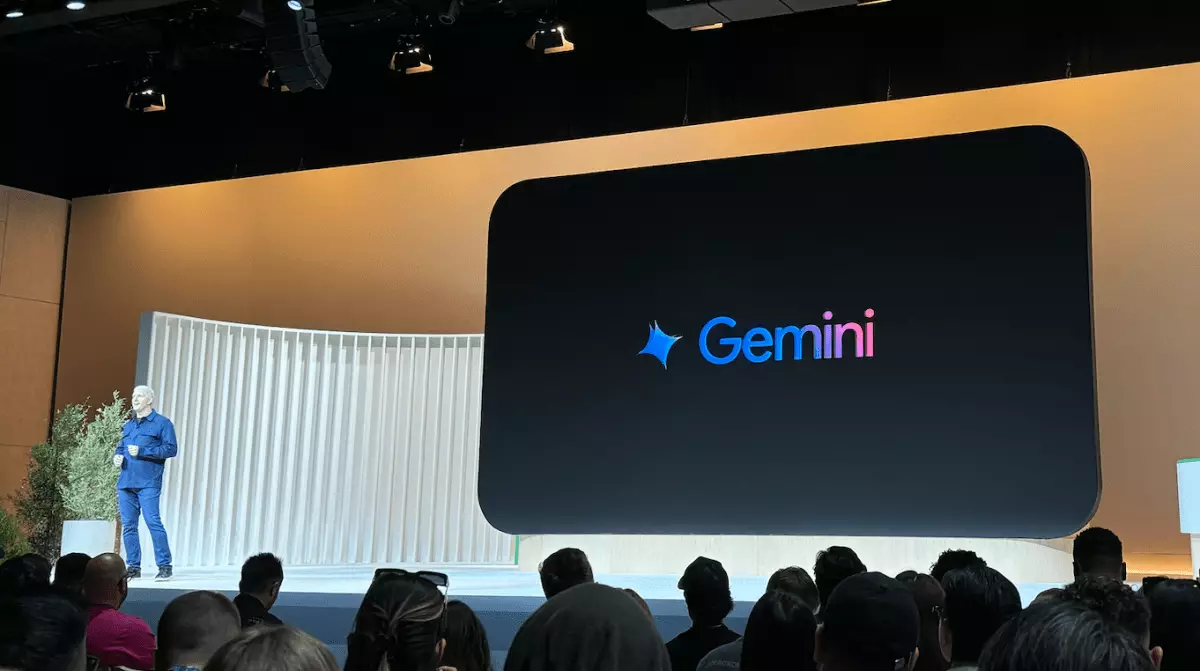In a bid to enhance its AI capabilities, Google recently announced the expansion of its Gemini program, particularly its in-depth research mode, to 40 additional languages. This tool was initially unveiled earlier in the month, allowing users of the Google One AI premium plan to tap into an AI-driven research assistant. The in-depth research mode is designed to streamline the research process, enabling users to methodically plan, search for pertinent information, and generate detailed reports based on repeated queries. The introduction of these capabilities demonstrates Google’s commitment to fostering a more comprehensive research environment.
One of the notable challenges Google faces with the Gemini expansion is ensuring the accuracy and reliability of the information sourced from the various languages. The supported languages range from widely spoken tongues such as Spanish and Chinese to less commonly used languages like Swahili or Tamil. As the technology attempts to summarize and present information in its users’ native languages, maintaining grammatical integrity and factual accuracy remains paramount. HyunJeong Choe, the engineering director for the Gemini app, highlighted this dilemma, noting that inaccuracies have been observed in language-specific summaries. This concern underscores the necessity for Google’s AI systems to generate coherent and factually accurate outputs, particularly in languages that may not have as vast a data pool for reliable sourcing.
To mitigate the challenges faced in translation and summarization, Google is investing in a robust methodology aimed at quality control. Choe indicated that the training of the AI model involves curating clean data and leveraging trustworthy sources. This approach is combined with a back-end search process to authenticate the information being processed. Furthermore, Google is committed to conducting thorough evaluations and fact-checks tailored to each language, which is critical in addressing the overarching issue of factuality in generative AI systems. These efforts highlight a nuanced strategic framework addressing not just the efficiency of the research assistant but also the validity of its outputs.
Recognizing the importance of local expertise, Google has initiated testing programs that solicit feedback from native speakers to ensure the reliability of responses generated by the AI. Jules Walter, a product lead for the international markets segment of the Gemini app, discussed the significance of utilizing local teams to review and refine datasets. This collaborative approach serves to enhance the model’s performance by incorporating perspectives that are often overlooked in a one-size-fits-all methodology. Additionally, the implementation of stricter guidelines for contractors involved in testing is a step towards elevating the quality and fidelity of the generated content.
As Google continues to roll out its Gemini in-depth research mode across a broader spectrum of languages, it faces the dual challenge of ensuring accuracy and fostering user trust. The company’s focus on local data validation, alongside its commitment to generative AI improvements, signals a robust pathway forward. Addressing these complexities not only enriches the user experience but also stands to redefine how individuals engage with AI research tools in diverse linguistic contexts. The potential for the Gemini app to bridge language barriers while enhancing knowledge dissemination is significant, and its success will undoubtedly hinge on the sustained effort to resolve the inherent challenges of multilingual AI.

